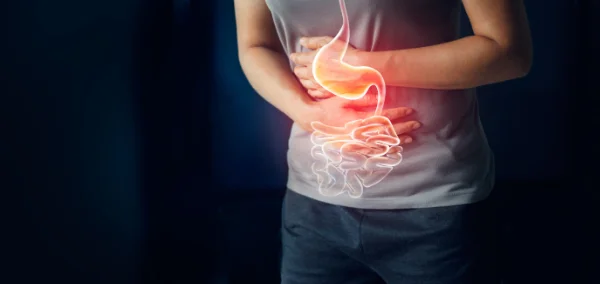Anal Fissures
Anal fissures are small tears in the lining of the anal canal.
The primary cause is often passing hard or large stools, which stretches the anal canal and causes tears in the skin lining the anal canal. Other factors contributing to anal fissures include chronic diarrhoea or constipation, inflammatory bowel disease, childbirth, and less commonly, fissures are caused by foreign body insertion or anal intercourse


Symptoms
The symptoms of anal fissures include severe pain, bleeding during or after bowel movements, itching, and discomfort. These symptoms can significantly impact a person’s quality of life and may lead to complications such as infection or the formation of skin tags around the anal opening.

Importantly, these symptoms can mask or mimic many serious bowel conditions. It is essential to have any new symptoms properly assessed.
Treatment
Treatment for anal fissures often begins with conservative measures aimed at relieving symptoms and promoting healing.
This may include increasing fibre intake (often with specific stool softeners or osmotic laxatives) to soften stools and prevent constipation, drinking plenty of water. Topical medications containing calcium channel blockers or nitroglycerin can help relax the anal sphincter muscles and promote healing.
For persistent or severe fissures, medical interventions may be necessary. In some cases, botulinum toxin injections may be used to relax the sphincter muscles temporarily. Surgical options such as lateral internal sphincterotomy, where a small portion of the anal sphincter muscle is cut to reduce pressure on the fissure, may be recommended for chronic or recurrent fissures that do not respond to other treatments.
Learn more


